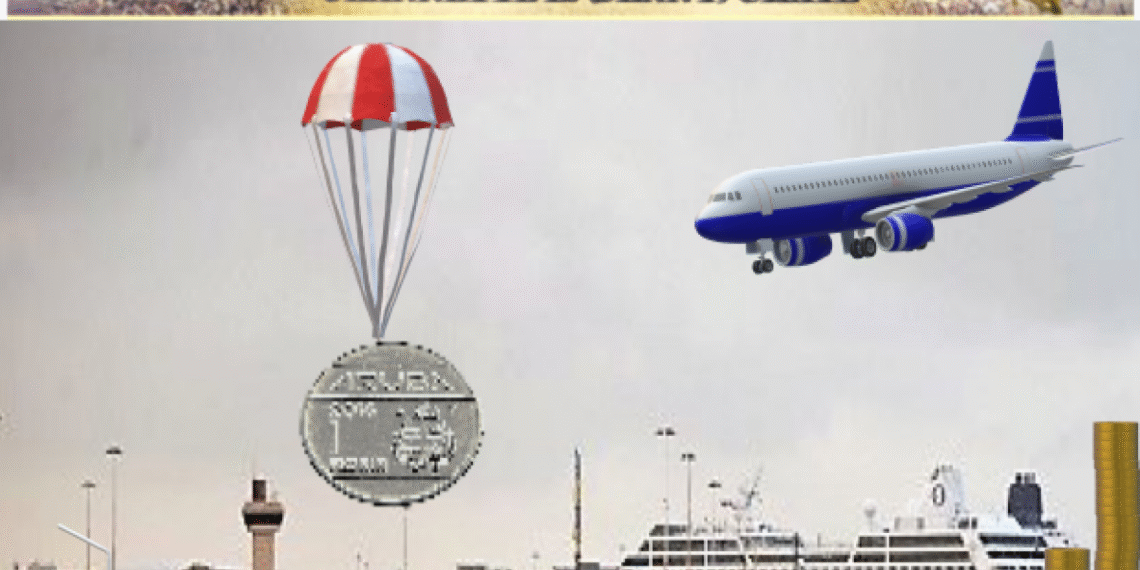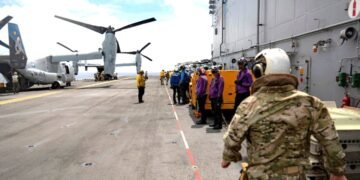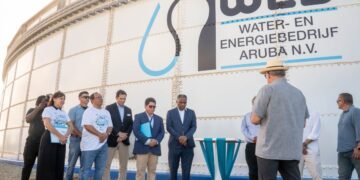As Aruba prepares to celebrate 40 years of self-governance in 2026, one crucial service stands out for its often-underestimated importance: meteorology.
Beyond predicting beach weather, the Meteorological Department plays a key role in protecting lives, supporting tourism, and ensuring economic flow in an island economy reliant on air and sea transport.
“Aruba depends heavily on external imports and international travel. That makes weather prediction a matter of national interest,” experts stress.
Meteorologists provide vital data to guide aviation and maritime navigation. Before a plane takes off or a cargo ship departs, it relies on weather reports to ensure safety and efficiency. Without this data, delays, diversions, or even disasters could occur.
In a time when climate risks and extreme weather events are on the rise, the demand for trained professionals in meteorology is higher than ever. Yet, attracting such expertise remains difficult due to the specialized knowledge and global competition.
Meteorology, like medicine or law, involves a hierarchy of professionals, from observers to analysts to certified meteorologists — all essential to the ecosystem of safety and planning.
In an island like Aruba, where tourism, importation, and logistics are foundational, meteorology ensures planes land safely, ships arrive on time, and residents stay informed during storms or extreme heat.
This 40-year milestone is a perfect time to invest in, and elevate the status of, meteorology as a national priority — not just a forecast on the evening news, but a silent force behind every successful arrival, delivery, and safe return.























Discussion about this post